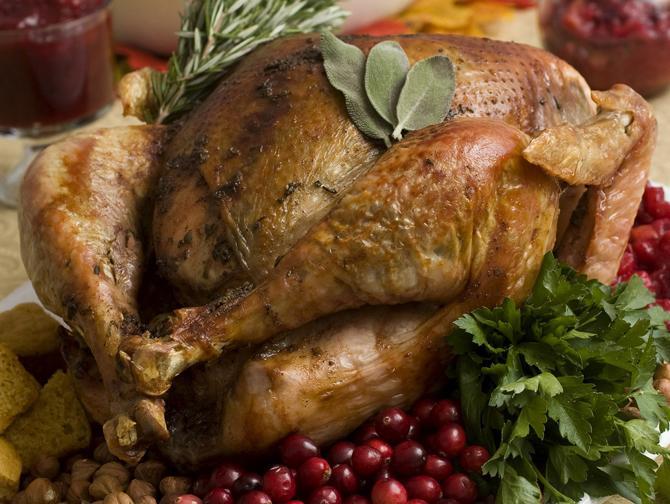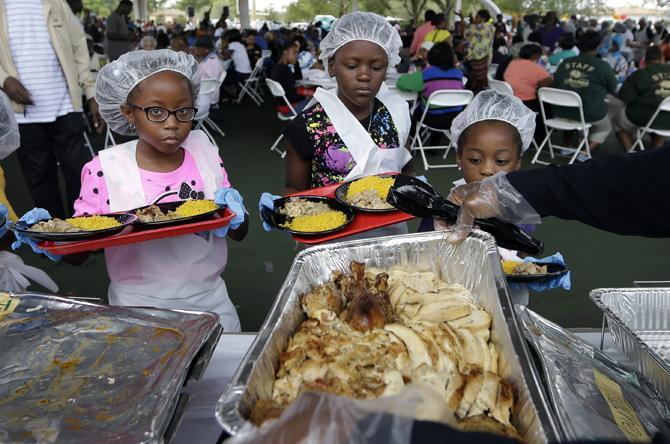Thanksgiving is a beloved holiday that conjures up memories of football, family and enough turkey, mashed potatoes and gravy to put an elephant to sleep. At the same time, Thanksgiving is also a holiday historically misunderstood by the public. Here are five myths about Thanksgiving and its traditions, which are commonly misunderstood by Americans across the country.
Myth: Thanksgiving was first celebrated by Pilgrims in Massachusetts in November 1621 and the Wampanoag Native Americans were invited to join in the feast with them.
Truth: Historical records do not show for certain a feast of Thanksgiving took place in 1621. Many historians believe it is reasonable to assume the Pilgrims and Native Americans celebrated a successful harvest, but there is not enough evidence to say it happened the way it is traditionally believed.
Myth: Thanksgiving has been an annual holiday since the Pilgrims and Native Americans gathered together for the first celebration in 1621.
Truth: Thanksgiving traditions developed in the 17th and 18th centuries throughout the colonies and states but did not become official until 1863. That year, President Abraham Lincoln issued a proclamation declaring the fourth Thursday in November every year to be a day of Thanksgiving, and a national holiday was born.
Myth: Turkey has always been the traditional meal served on Thanksgiving.
Truth: Dating back to the first Thanksgivings celebrated in the 17th century there are accounts of feasts that feature all sorts of meats, but a large chunk of them do not mention turkey. In fact, an account of one of the earliest Thanksgiving celebrations mentions venison as the main dish, not turkey.
Myth: The Pilgrims landed at Plymouth Rock.
Truth: Children are taught in elementary school that the pilgrims landed at Plymouth Rock when they arrived to the new world. William Bradford, governor of the colony, kept a detailed history of the colony, and never once does he mention landing by this now well-known landmark.
Myth: Eating turkey at Thanksgiving will cause sleepiness.
Truth: It is true that turkey contains tryptophan, a chemical that works with the body to create serotonin which causes drowsiness. The problem is for tryptophan to react with the body to create a significant amount of serotonin, the turkey must be eaten on an empty stomach. During a typical Thanksgiving meal you would not only eat turkey, but a whole host of other foods such as rolls, potatoes and pumpkin pies, thus making the effect of the tryptophan minimal on the body.
Thanksgiving myths revealed
November 26, 2013
This Nov. 2, 2009 file photo shows a Thanksgiving turkey. The average Turkey Day dinner will cost $49.04, or just 44 cents less in 2013 than it did in 2012. (AP Photo/Larry Crowe)






